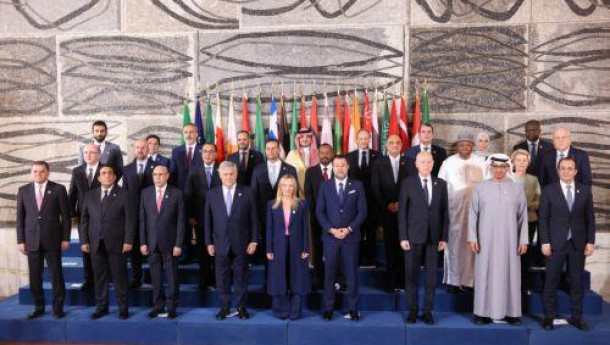
It is clear that we need to do more in order to deal with the migration crisis, with cooperation and coordination, Cyprus’ President, Nikos Christodoulides, said on Sunday in his intervention at the International Conference on Migration and Development, in Rome, in which he participated on the invitation of Italian Prime Minister, Giorgia Meloni.
He also emphasised that, for the last six years, Cyprus has continuously been the EU member state with the largest number of international protection asylum seekers, in proportion to its population.
Mediterranean member states of the EU, countries of the Mediterranean, the Middle East and Africa, European institutions, the UN and other international organisations and financial institutions participated in the Conference.
According to a written statement by the Director of the Press Office of the President of the Republic, Viktoras Papadopoulos, in his intervention, President Christodoulides said, among other things, that “our countries are facing, especially in recent years, the enormous and growing challenge of migration flows, which has an impact on various sectors in our countries, such as the economy”. It is clear that we need to do more in order to deal with the migration crisis and these must be done in cooperation and coordination, he stressed.
As far as Cyprus is concerned, President Christodoulides said that immigration is considered one of the most important issues that the country has to deal with.
In the last six years, he said, Cyprus has continuously been the EU member state with the largest number of international protection asylum seekers, in proportion to its population. The percentage of applicants and beneficiaries of international protection in Cyprus exceeds 55,000 people, a figure corresponding to 6% of the country's population, he said.
He added that in the last three years, the increasing irregular arrivals by sea, but also by land through the ceasefire line were “alarming”, noting that more than 98% of irregular arrivals were through the occupied areas of the Republic, where the Government cannot exercise control.
Consequently, said the President of the Republic, immigration and all issues stemming from these intense immigration pressures were a very serious issue for Cyprus, while the Government was making use of significant resources, also with the support of the EU, in its effort to manage the situation.
He also pointed out that states were called upon to effectively manage irregular migration flows, while at the same time ensuring access to international protection for those who really need it and that actions needed to be people-centred and the aim must be primarily to address the root causes of irregular migration.
President Christodoulides also said it was necessary to apply a comprehensive, coordinated and unified approach to dealing with this issue, which includes close and sincere cooperation between the affected countries, as well as regional and international organisations.
He added that Cyprus advocates for providing assistance to countries that have proven to be reliable partners, such as Egypt, Lebanon and Jordan that have shouldered a huge burden as regards the migration issue.
These countries, he added, should be given the means to respond to the challenges, noting that Egypt has made efforts to prevent irregular migration to EU countries and hosts an enormous number of refugees, while Lebanon, has, for the longest time than any other country been hosting the largest number of Syrian refugees compared to the country's population, despite the political and economic crisis it is facing, as well as Jordan, which needs immediate support.
Finally, the President of the Republic referred to the importance of respecting the national sovereignty of states, and the common responsibility, solidarity and cooperation that must exist between partners aiming for mutually beneficial results.
Cyprus has been divided since 1974, when Turkey invaded and occupied its northern third. Repeated rounds of UN-led peace talks have so far failed to yield results. The latest round of negotiations, in July 2017 at the Swiss resort of Crans-Montana ended inconclusively.

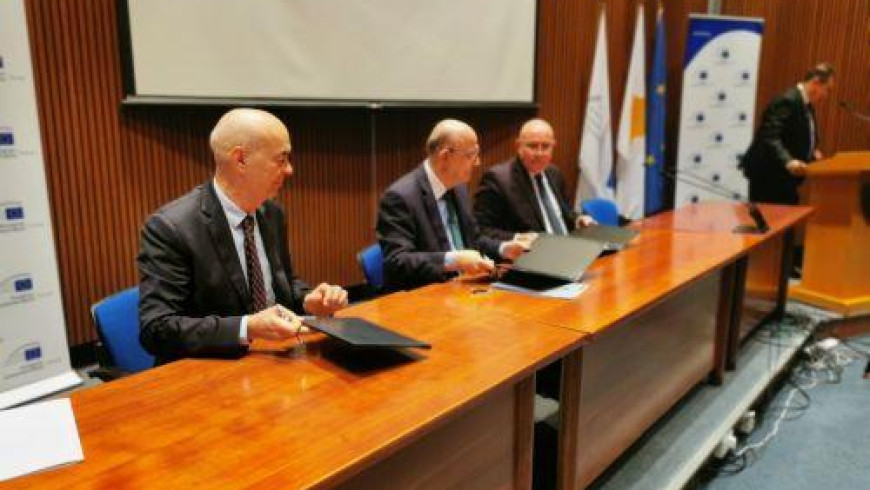
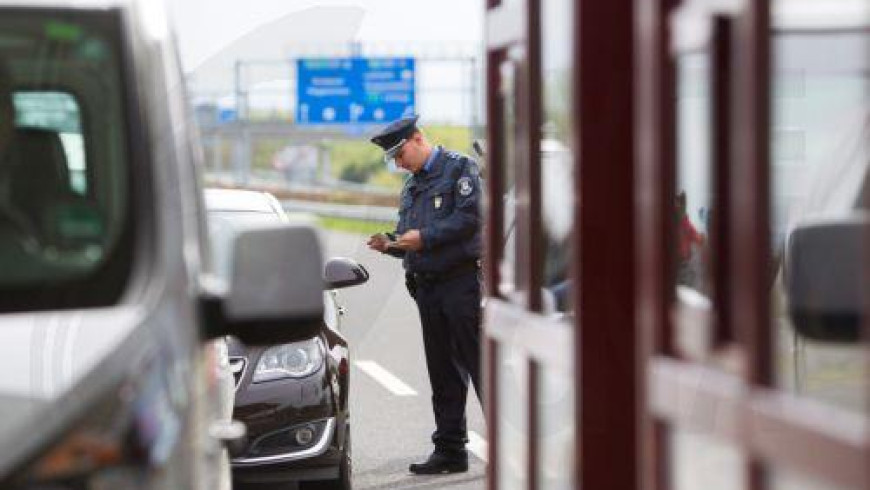
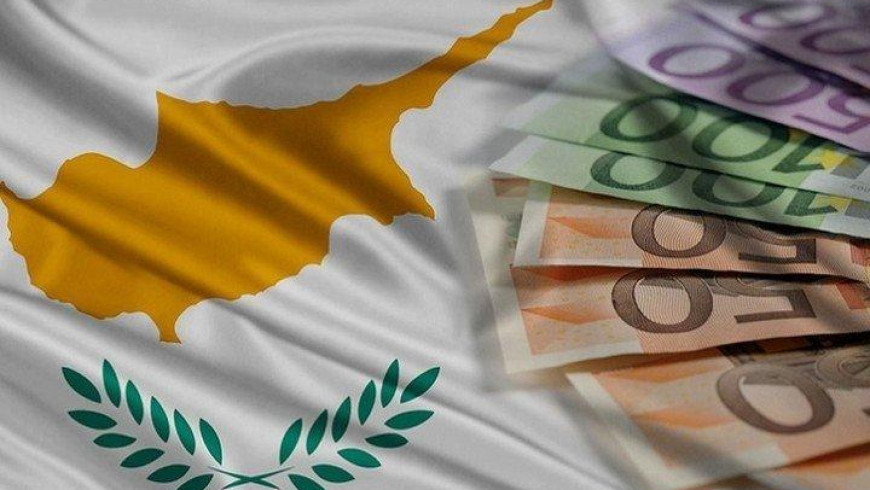
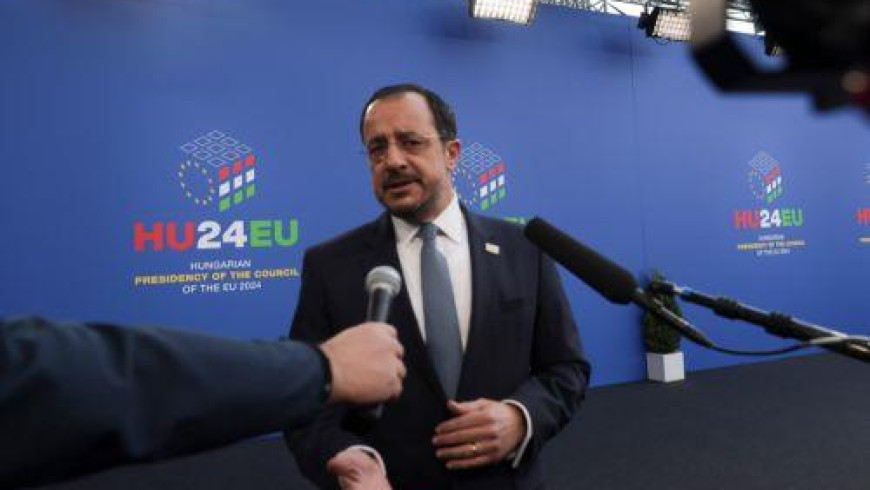
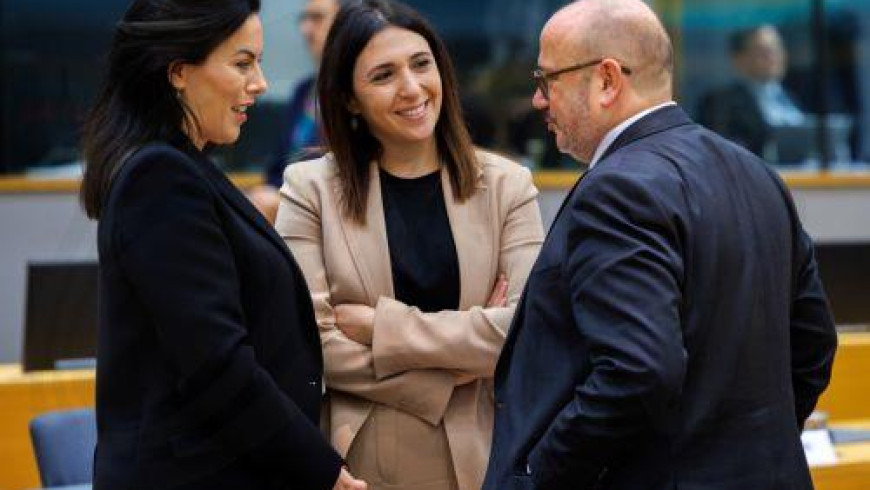
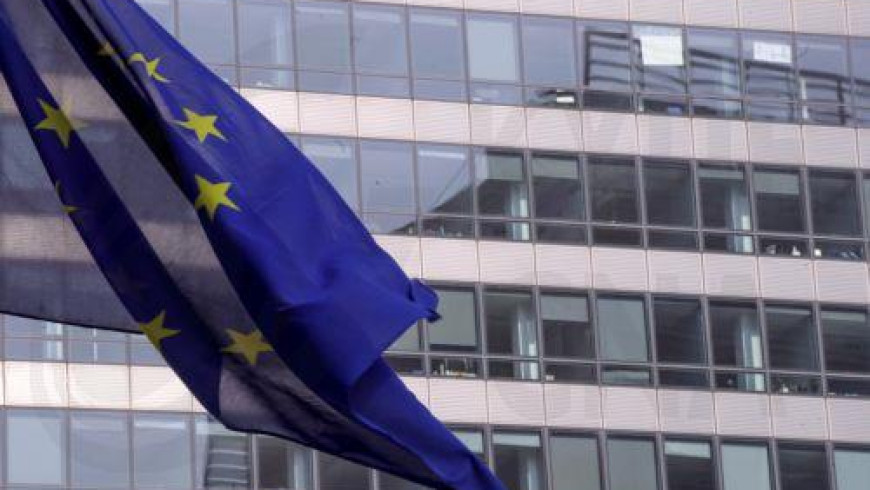

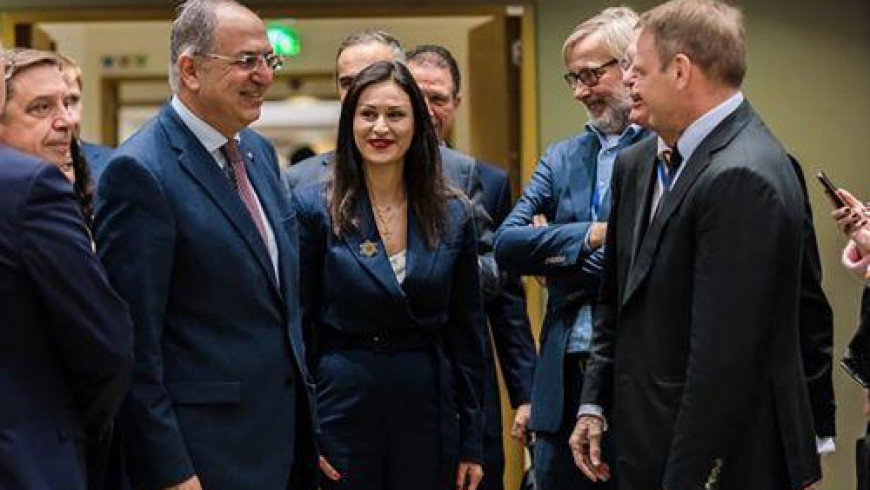





 3287.99
3287.99 1275.09
1275.09
